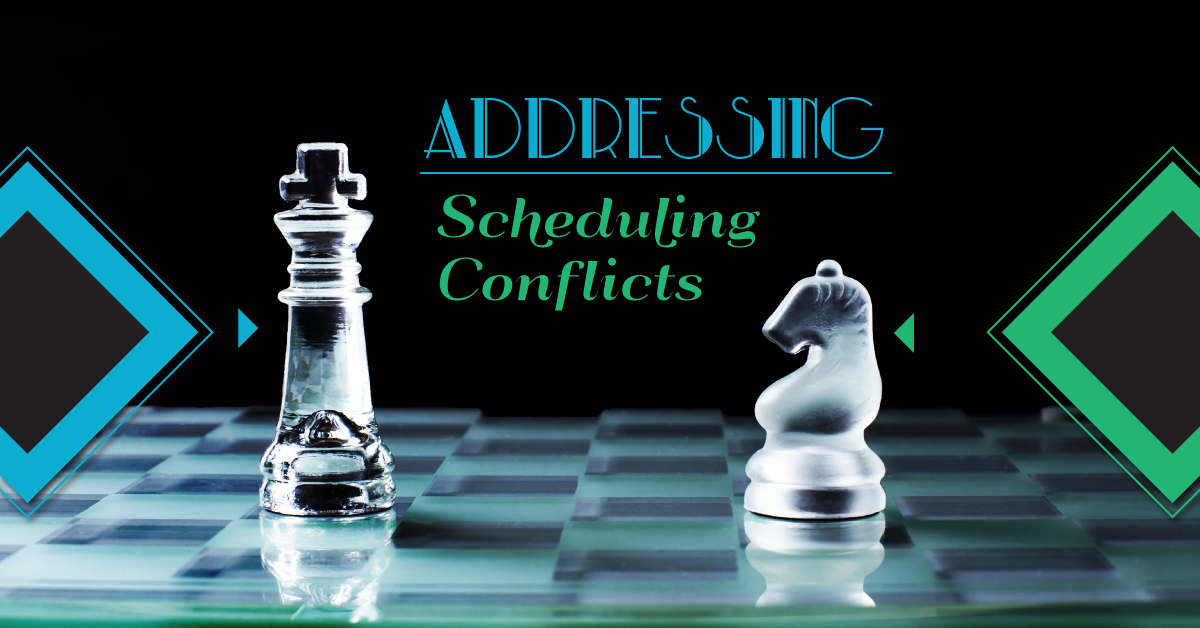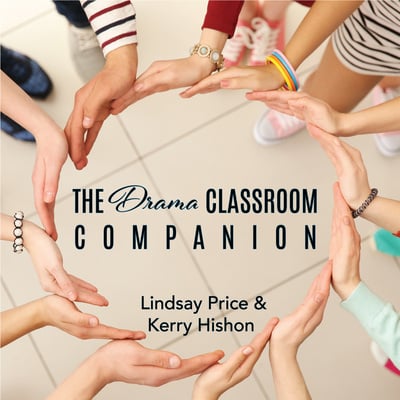By
Kerry Hishon
5 Props Challenges and How to Overcome Them
Props can add so much to a production, but they can also be challenging to work with. Here are five common props challenges, rapid-fire style, with suggestions about how to deal with them!
1. Dealing with a huge list of props
- Always – start early! Start amassing props as early as possible, to avoid stress and overlooking needed items.
- Double-check the props list to see if every prop is absolutely essential. Cut out those props that aren’t necessary to your production.
- This post has lots of tips about how to find/make/acquire props on a budget: Props on a Budget: a Resource Guide.
- Divide and conquer: assign the acquisition of different props to individual team members. Have the rest of the cast and crew assist – maybe there are items they can loan/acquire.
2. Difficulty working with props
- Start working with props as early as possible in rehearsal, to take advantage of muscle memory.
- If the actual prop isn’t available right away, use a rehearsal prop (a substitute) in the meantime.
- Ensure that props are safe to use – for example, use plastic drinkware instead of glass. Anchor items on trays or tabletops. Avoid using actual liquid onstage unless absolutely necessary. Prop weapons must be locked up and kept out of sight when not in use.
- Students need to be aware of potential dangers and issues that might happen with props and be ready to help each other out if necessary (while remaining in character). For example, if a prop falls onstage, someone will need to try and grab it and get it out of the way. If someone forgets to bring on a prop or remove a prop, what will the team do about it? If something breaks or spills onstage, how will the team get it cleaned up?
3. Consumable props
- Always have extra of any consumable props – you will need them for tech, dress, and still a few more extras “just in case.”
- Ensure that food/beverage props are stored properly (refrigerated/stored in an airtight container) so they don’t spoil or attract bugs.
- Food/beverage props should be labeled very clearly as props, so they don’t get eaten accidentally.
- Consumable props are not just food or drinks – they might also be items that are destroyed, altered, or used up during a scene, such as a letter that is ripped up, a trick chair that breaks underneath an actor, or makeup that is applied onstage. They might also be stage combat-related items such as blood/water packs or caps for cap guns.
4. Broken props
- Assign a props master to maintain and mend props.
- Have duplicates or backups of essential props available – near enough that they can be grabbed quickly if needed, but not so close that they might get used instead of the actual prop.
- Rule – Any broken props must be reported to the props master right away to be fixed. Props reported as broken within five minute of curtain probably can’t be fixed on time.
- Rule – “If it isn’t your prop, don’t touch it!”
- Rule – “Even if it is your prop, when you don’t need to use it, don’t touch it!”
5. Missing props
- Create a props table or shelf backstage, with clearly marked spaces for each prop. (Use painter’s tape and a marker to label the table directly, or put a large piece of butcher paper, newsprint, or parchment paper on the table and label that.) This way, missing props will be easily spotted. You could even outline the prop on the paper so it’s even easier to see if something is missing.
- Have a complete list of props pinned up near the props table/shelf. Include the name of the actor who uses the prop onstage. This will help the props master know who to reach out to if a prop is missing.
- Small props should be kept in larger, easy to find containers on the props shelf.
- Rule – Props must be immediately returned to the props shelf when not in use.
- Rule – Establish consequences for students found messing around with props.
Click here for a free props problem-solving exercise and reflection.
Download For Free
The Drama Classroom Companion
by Lindsay Price & Kerry Hishon
The Drama Classroom Companion is filled with articles and exercises to build the skills needed for theatrical performance as well as real world skills like creative thinking, critical thinking, collaboration, and communication.
The Rehearsal Companion
by Kerry Hishon
You’ve chosen the play, paid the royalties, done the script analysis, held your auditions, and cast the show. Tomorrow is the first rehearsal. Are you ready? Really ready? The Rehearsal Companion can help!





